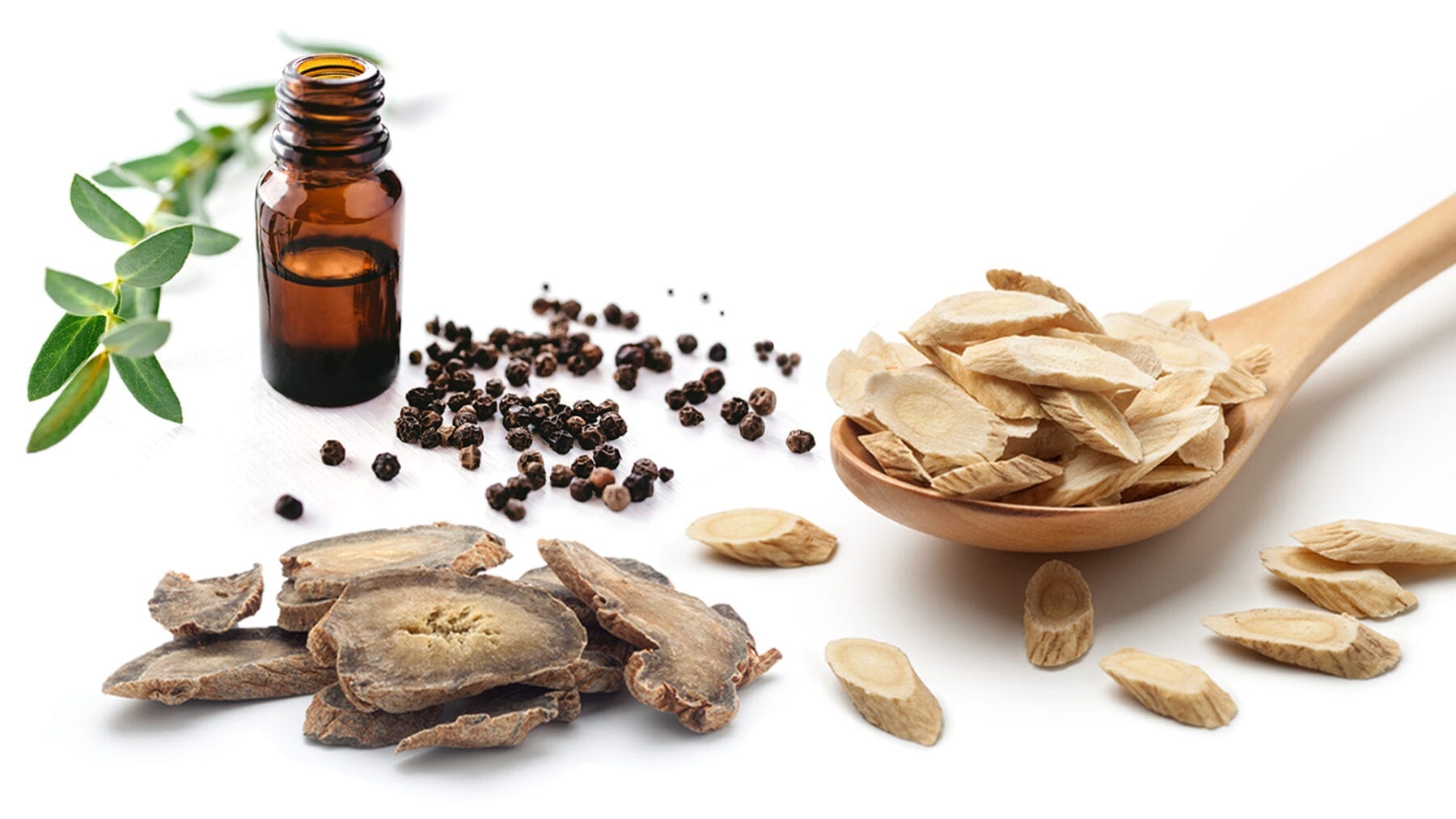
Written by Dr. Mudassar Javed
March 25, 2021
CATEGORIES
View All
BioWOW Foods® Safety/Quality
Full-Body Workouts
Healthy Eating
Joint Health
Self-Care Strategies
Supplements Guide
Featured Videos
Multivitamins are considered to be dietary supplements with three or more vitamins or minerals. Studies have shown that there is an inverse relation between multivitamins intake and the incidence of coronary heart diseases. Especially vitamin D, which can protect against Myocardial infarction.
2.) CoQ10
CoQ10 is an excellent anti-oxidant and is known for its anti-inflammatory effects. Co-enzyme Q10 supplementation improves the functional capacity of the heart and also proved to be useful in post-heart failure patients.
3.) Omega 3 Fatty Acids
It is well proven that omega 3 fatty acids are good lipids and they improve the overall health of the body. Omega 3 fatty acid supplements are proven to be beneficial for the secondary prevention of heart diseases.
4.) Fiber
It’s a historically proven fact that fiber helps the digestive tract. However, new research has shown that fiber also has a positive influence on the heart.
5.) Magnesium
Magnesium acts at the cellular level by decreasing the body’s intracellular sodium and calcium, thus increasing heart contractility and potassium intake.
6.) L-Carnitine
L-carnitine is a metabolite that burns excessive fats in our body, and it may have a role in increasing cardiac mechanical efficiency.
At BioWOW, our mission is to help people live healthier & happier lives by creating industry-leading all-natural products and cutting-edge health content. Visit our online store for a complete list of our 100% standardized all-natural medically researched supplements for boosting your health.
References:
1.) Anon. n.d. “Healthy Eating.” Retrieved March 21, 2021 (https://www.bhf.org.uk/informationsupport/support/healthy-living/healthy-eating)
2.) Bronzato. n.d. “Dietary Supplements and Cardiovascular Diseases.” Retrieved March 21, 2021 (https://www.ijpvmjournal.net/article.asp?issn=2008-7802;year=2018;volume=9;issue=1;spage=80;epage=80;aulast=Bronzato)
3.) Ayers, Jessica; Cook, Jamie; Koenig, Rachel A.; Sisson, Evan M.; Dixon, Dave L. (2018). Recent Developments in the Role of Coenzyme Q10 for Coronary Heart Disease: a Systematic Review. Current Atherosclerosis Reports, 20(6), 29–. doi:10.1007/s11883-018-0730-1
4.) Omega-3 Polyunsaturated Fatty Acid (Fish Oil) Supplementation and the Prevention of Clinical Cardiovascular Disease: A Science Advisory From the American Heart Association.
DOI: 10.1161/CIR.0000000000000482
5.) Anderson, James W., Pat Baird, Richard H. Davis, Stefanie Ferreri, Mary Knudtson, Ashraf Koraym, Valerie Waters, and Christine L. Williams. 2009. “Health Benefits of Dietary Fiber.” Nutrition Reviews 67(4):188–205. doi: 10.1111/j.1753-4887.2009.00189.x.
6.) Anon. n.d. “The Role of Magnesium in Hypertension and Cardiovascular Disease – PubMed.” Retrieved March 22, 2021 (https://pubmed.ncbi.nlm.nih.gov/22051430/).
7.) Cruz, Wanise M. Souza, Sheila M. S. Guimarães, Gabrielle C. Maciel, Ana Beatriz A. Huguenin, Monicque E. M. DE Carvalho, Bárbara O. Costa, Geisiane A. DA Silva, Alexandre S. Colafranceschi, Fernanda B. Scalco, and Marcia Ribeiro. 2018. “L-Carnitine Supplementation in the Recovery of Plasma L-Carnitine in Patients with Heart Failure Submitted to Coronary Artery Bypass Grafting.” Anais Da Academia Brasileira De Ciencias 90(3):3099–3104. doi: 10.1590/0001-3765201820170352.
10 Health Benefits of Ginger Root

Written by Dr. Wasif Yasin
General Medical Practitioner



